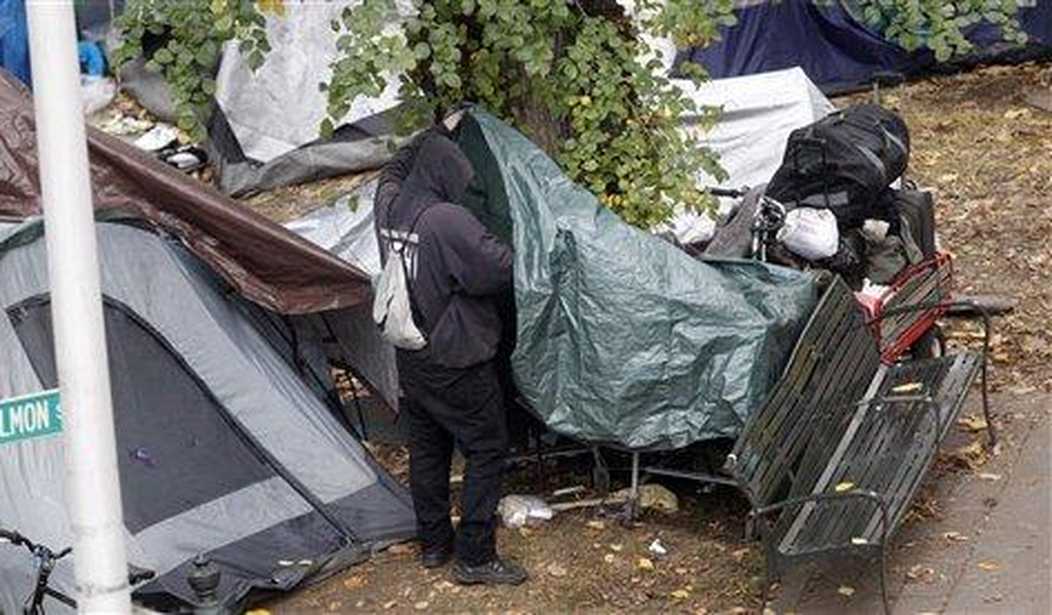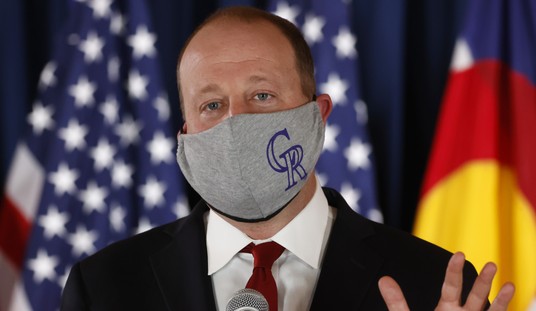Earlier this month the city of Portland passed a ban on the open use of drugs. But as I mentioned when I wrote about the ban here, it hasn’t gone into effect yet. That’s because the state legalized hard drugs via Ballot Measure 110. So the city ordinance can’t begin until the state law is changed.
One of the people arguing for the change is Jeff Miller, CEO of Travel Portland. He made the case at the city council meeting where the new ban was passed that the city’s tourism is struggling because of the conditions in the street.
Hotels in Portland’s central city sold 1.2 million rooms in the first seven months of 2023, according to hotel industry data firm STR. That’s down 20% from 2019. A rebound in hotel room bookings that appeared to be underway in the first part of the year stalled out over the summer, leaving room sales approximately flat from 2022.
“By the numbers, other cities are recovering from the economic effects of the pandemic much faster than Portland,” Miller told the City Council. He said Seattle rooms sold are up slightly from 2019 while other cities have notched considerably improvement – Denver is up 25%…
Convention activity is pretty solid this year, Miller said, because events were booked before the pandemic. But he said the vast majority of events have at least some delegates reporting negative experiences downtown, and he said many conventions that canceled during the pandemic opted not to rebook in Portland because they considered the city too dangerous.
“Visitor sentiment is not improving, and we know the reputational damage being done has the potential to last if we don’t seek quick action to make our streets safer,” Miller said.
As the Atlantic has pointed out, Oregon’s experiment with drug legalization has been a disaster. The lack of tourism in Portland is really the least of it. There has also been a rise in overdose deaths which was entirely predictable. Now there is pressure to revised measure 110.
An advocacy group is proposing radical changes to Measure 110, the 2020 ballot measure that decriminalized possession of hard drugs and routed hundreds of millions of tax dollars to addiction treatment and recovery.
On Monday morning, the group released its blueprint for an overhaul, which it pledges to pursue first at the Oregon Legislature and then, if lawmakers don’t acquiesce, refer to the November 2024 ballot…
One version of the proposed measure, titled the “Fix & Improve M110 initiative,” would make it a misdemeanor to possess hard drugs or use them in public, and mandate treatment for “drug-dependent persons” charged with low-level crimes.
This effort already has some big money behind it but there are still supporters of 110 in Portland.
The writers of the measure said they are taking a mandatory approach versus voluntary, but also using the criminal justice system as minimally as necessary in order to get people who are in the deepest addictions out of that destructive cycle.
The coalition in support of Measure 110 says these changes would negate the progress made so far.
“Ultimately what they’re proposing is to go back to the failed policies that we had for the last five decades which got us into this mess,” said Tera Hurst, Executive Director of the Health Justice Recovery Alliance.
Again, there’s really no evidence this ballot measure has done anything positive for Portland but no surprise that the activists who support this don’t care about that. Fortunately, their pleas are increasingly falling on deaf ears. Even in a city as far left as Portland some measure of common sense eventually prevails when people see the real world results of the kind of policies the far left puts in place.








Join the conversation as a VIP Member